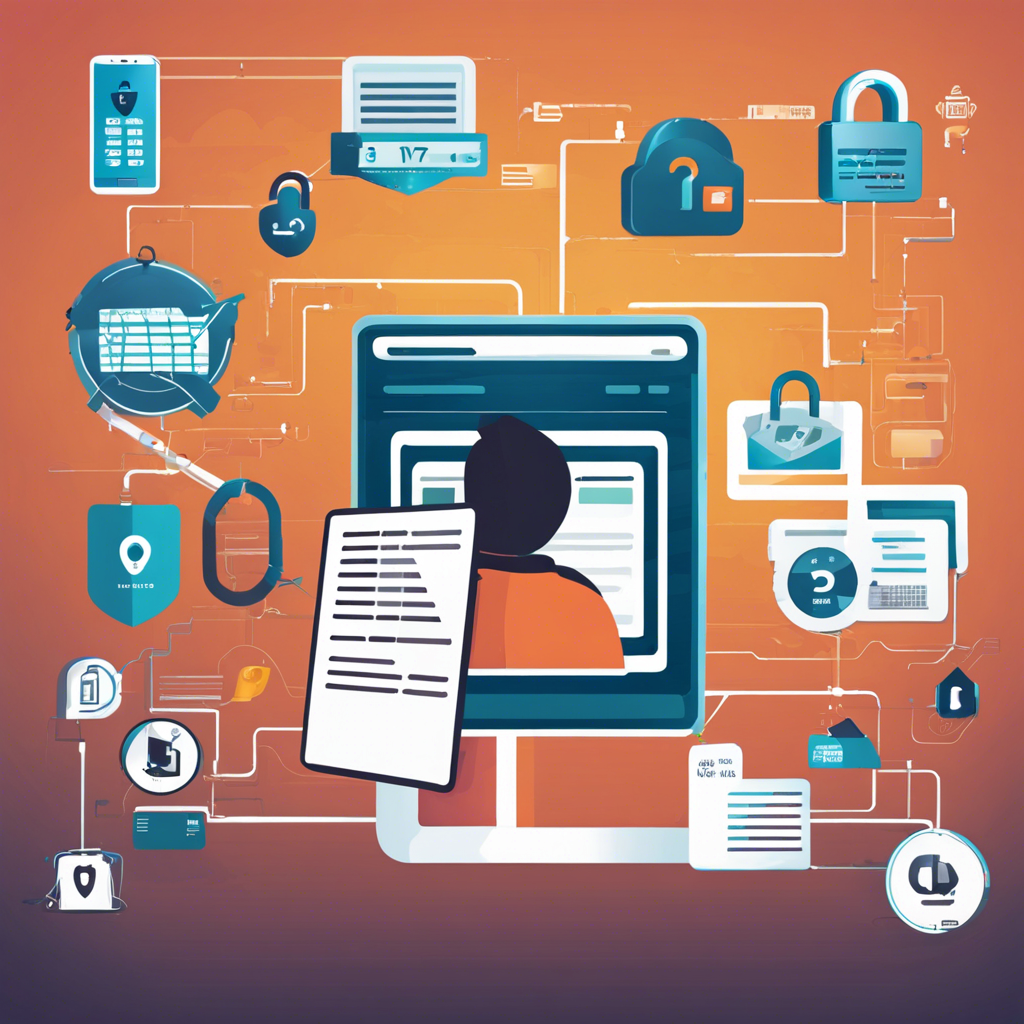As our financial lives continue to migrate online, safeguarding our money and sensitive information has become more critical than ever. While online banking offers unprecedented convenience, it also exposes us to a range of potential security risks. Here are some best practices to ensure your online banking activities remain secure.
Firstly, a strong password is your first line of defense. Avoid common words and personal information, as these are easy to guess or obtain through social engineering. Opt for a complex password with a mix of uppercase and lowercase letters, numbers, and special characters. Password managers can also generate and store complex passwords for you, removing the burden of memorization.
Enabling two-factor authentication (2FA) adds a second layer of protection to your accounts. This typically involves providing something you know (your password) and something you have (a unique code sent to your phone or email). Even if your password is compromised, the absence of the second factor will hinder unauthorized access to your accounts.
Regularly updating your device’s operating system and web browser is crucial for online banking security. These updates often include patches for known security vulnerabilities, strengthening your device’s defense against potential threats. Similarly, keep your security software up to date to detect and prevent the latest malware and phishing attacks.
Public Wi-Fi networks may be convenient, but they lack the security measures to protect your sensitive information. Avoid accessing online banking services on public networks, as they can easily be exploited by malicious actors. Instead, use a secure private network or your mobile data connection, which offers better encryption and protects your data from potential interception.
When conducting online banking, look for indicators of secure connections, such as a padlock symbol in the address bar or a web address starting with “https.” These signals indicate that your data is encrypted during transmission, making it harder for hackers to intercept. Never disclose your personal or financial information on unsecured websites.
Another crucial aspect of online banking security is regularly reviewing your accounts for any suspicious activity. Report any unauthorized transactions immediately to your financial institution and take the necessary steps to secure your account. It is also essential to stay informed about the latest scams and phishing techniques, as awareness can help you identify and avoid potential threats.
Lastly, online banking security extends beyond your computer or mobile device. Physical security measures, such as keeping your devices locked and secure, play an equally important role. Ensure that your devices are password-protected or use biometric security features to prevent unauthorized access if they fall into the wrong hands. By adopting these best practices, you can significantly enhance the security of your online banking activities and safeguard your financial information.
